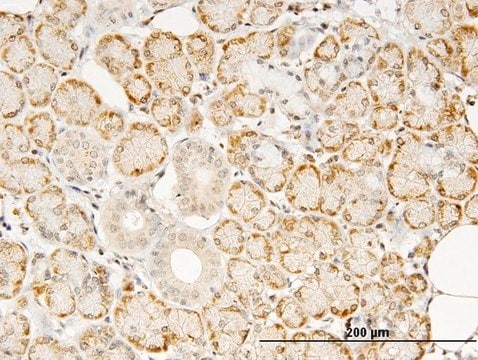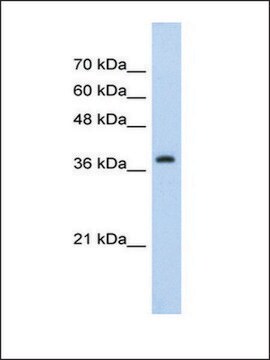SAB2108542
Anti-TPM1
IgG fraction of antiserum
Synonym(s):
Anti- C15orf13, Anti- CMD1Y, Anti- TMSA, Anti- TPM1-alpha, Anti-CMH3
About This Item
Recommended Products
biological source
rabbit
Quality Level
conjugate
unconjugated
antibody form
IgG fraction of antiserum
antibody product type
primary antibodies
clone
polyclonal
form
buffered aqueous solution
mol wt
31 kDa
species reactivity
rat, dog, mouse, guinea pig, human, rabbit
concentration
0.5-1 mg/mL
technique(s)
immunoblotting: suitable
immunohistochemistry: suitable
accession no.
NM_000366
UniProt accession no.
shipped in
wet ice
storage temp.
−20°C
target post-translational modification
unmodified
Gene Information
human ... TPM1(7168)
Immunogen
Biochem/physiol Actions
Sequence
Physical form
Disclaimer
Not finding the right product?
Try our Product Selector Tool.
Storage Class Code
10 - Combustible liquids
WGK
WGK 3
Flash Point(F)
Not applicable
Flash Point(C)
Not applicable
Regulatory Listings
Regulatory Listings are mainly provided for chemical products. Only limited information can be provided here for non-chemical products. No entry means none of the components are listed. It is the user’s obligation to ensure the safe and legal use of the product.
JAN Code
SAB2108542-100UL:
Certificates of Analysis (COA)
Search for Certificates of Analysis (COA) by entering the products Lot/Batch Number. Lot and Batch Numbers can be found on a product’s label following the words ‘Lot’ or ‘Batch’.
Already Own This Product?
Find documentation for the products that you have recently purchased in the Document Library.
Our team of scientists has experience in all areas of research including Life Science, Material Science, Chemical Synthesis, Chromatography, Analytical and many others.
Contact Technical Service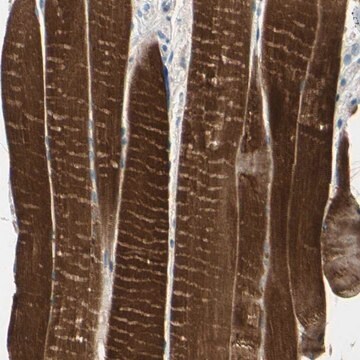
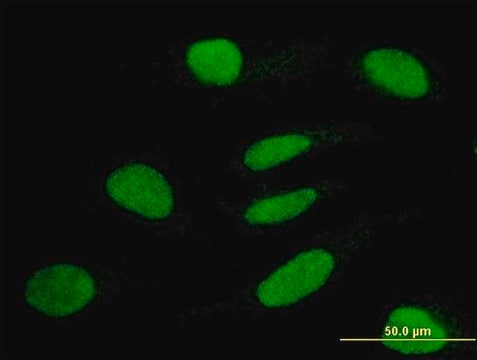
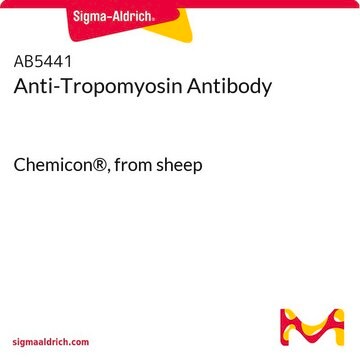
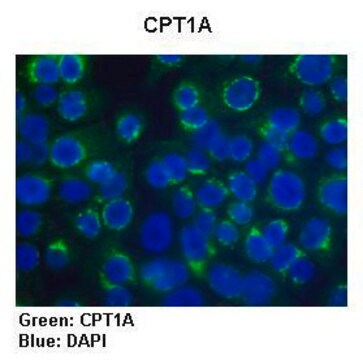
![[KO Validated]Anti-HPRT1 Antibody, clone 4N2Q6, Rabbit Monoclonal](/deepweb/assets/sigmaaldrich/product/images/171/415/c02424c7-5933-411e-8bf9-d0f73a39e4de/640/c02424c7-5933-411e-8bf9-d0f73a39e4de.jpg)

